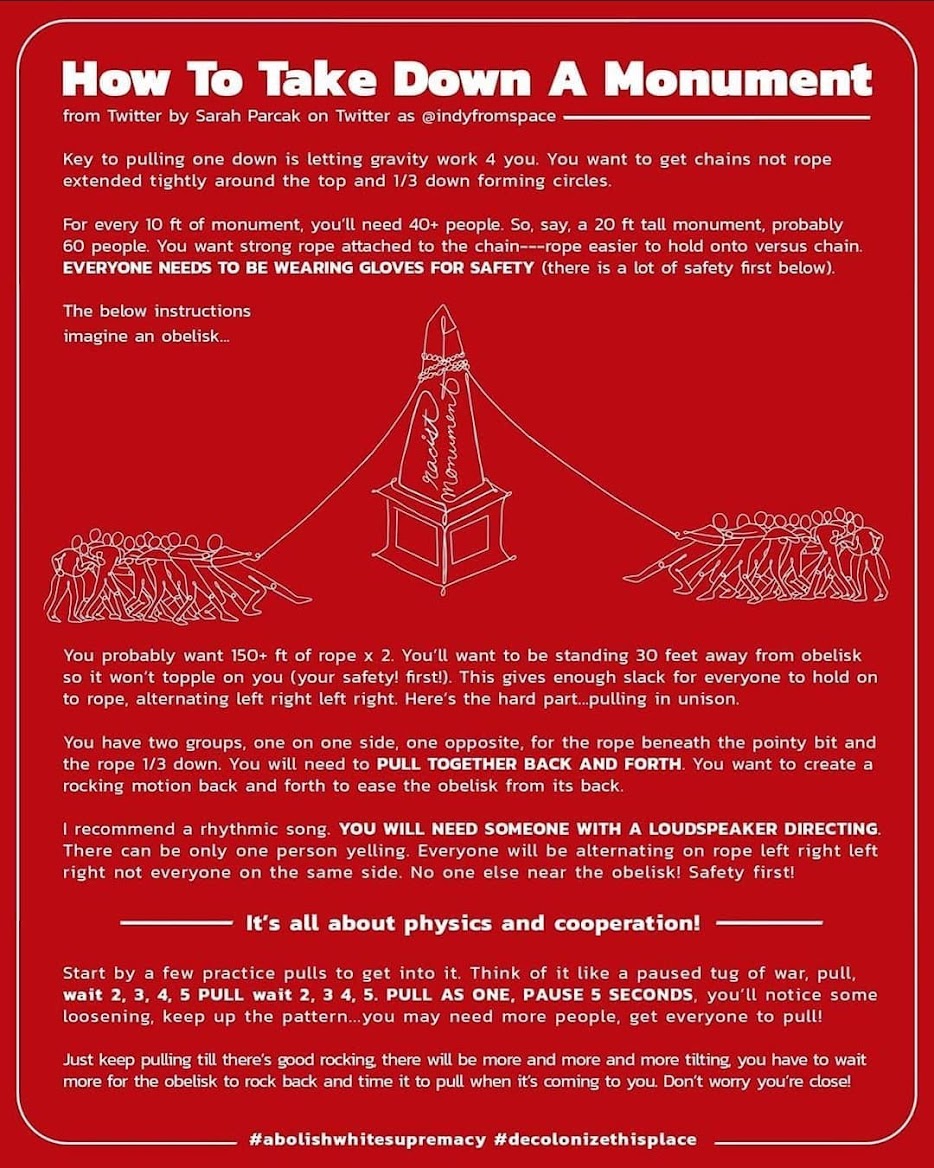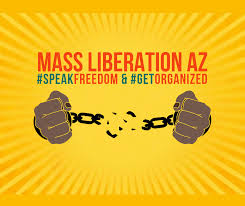-------------------------------------------------------
Black Star News
Marian Wright Edelman
December 10,2010
A few months ago a group of earnest and determined stockholders traveled together by bus from Washington, D.C. to Nashville, Tennessee to attend a shareholders’ meeting.
On the surface, it sounded like a fairly ordinary trip, but this was an unusual group on an extraordinary mission. The shareholders’ meeting was for the Corrections Corporation of America (CCA), the largest private prison company in the country; and the group of shareholders included ex-offenders who now each hold one share of stock in CCA to get an ownership stake in some of the same prisons that once held them captive.
They attended the meeting in hopes of sharing their perspective on how the privatized prison industry can better serve society by rehabilitating inmates rather than just serving its own profits by perpetuating the prison cycle.
The group, part of Washington, D.C.’s Church of the Saviour, is named Strength to Love, after the title of one of Dr. Martin Luther King, Jr.’s sermon collections.
Its members, who include ex-offenders, their families, and members of the wider community who are concerned about incarceration and reentry, explain their mission this way:
“The privatized, for-profit prison industry is particularly plagued by a conflict of interest at its core: On the one hand, the industry is responsible to its shareholders to make money, and its income is determined by how many beds are filled. On the other hand, its civil responsibility to the inmates and to the whole of society is to help incarcerated people become their intended selves, and to prepare them to succeed upon release. It is well established that services and programs like job training and education serve to lower the occurrence of re-offense. But it is better for the company’s bottom line to minimize staff and services, let the inmates succeed or fail on their own terms, and reap the financial benefits of strict sentencing laws and high rates of recidivism. It is this experience of exploitation, frequently referred to as a modern day form of slavery, that many members of Strength to Love have personally experienced, and which we have been called to dismantle.”
The trip—or as they called it, mission—to Nashville for a CCA meeting was their first test of participating in a shareholders’ meeting. It is a creative approach to dismantling an industry that is the endpoint of America’s Cradle to Prison Pipeline crisis that is threatening the social and racial progress of the past 50 years.
Reliance on punishment and incarceration too often as a first rather than last resort has given the U.S. the largest prison population in the world. In 2009, the United States’ inmate population of 2.3 million prisoners exceeded China’s whose population is more than four times larger.
John Jay College of Criminal Justice President Jeremy Travis, one of the nation’s leading scholars on prisoner reentry, documented in his book But They All Come Back: Facing the Challenges of Prisoner Reentry that preparing ex-offenders for a successful transition benefits not just ex-offenders but society as a whole.
But most often ex-offenders who have served their sentences get little help as they return to their communities. For the estimated 650,000 federal and state ex-offenders who have gone to prison and are released each year, he says, “the odds against successful reentry are daunting. According to the Bureau of Justice Statistics, two-thirds of released [state] prisoners will be rearrested for one or more crimes, including felonies and serious misdemeanors, within three years after they get out of prison. Nearly half will be convicted of a new crime.”
Ineffective prisoner rehabilitation and unsuccessful reentry have dire consequences for children. A recent report by the Pew Charitable Trusts estimated that 2.7 million minor children have a mother or father behind bars. That is approximately 1.8 percent of White, 3.5 percent of Latino, and 11 percent of Black children. Pew reports that on average, incarceration is associated with a 40 percent decline in family earnings. Before finding themselves behind bars, two-thirds of male inmates were employed, and more than half were the primary source of income for their children. Improving the outcomes of ex-offenders will enable them to provide the stability that is so critical for their children.
As Travis and others have noted, there are public policies that can improve the chances of successful reentry. Most start by preparing people for a positive, productive life after prison while they are still incarcerated. Producing fewer ex-offenders who become “churners” by returning to prison for committing new crimes seems to benefit all of us—except, perhaps, those who profit from the prison industry.
The private prison industry is already a powerful, fast-growing threat. NPR and other news organizations recently documented how prison lobbyists quietly helped write and pass Arizona’s strict immigration law, SB 1070, and are now trying to help with copycat bills across the country. Specifically, the Corrections Corporation of America saw an opportunity to profit from building prisons for undocumented immigrants in Arizona, and drafted the bill with State Senator Russell Pearce at a convening of legislators, businesses, and associations in Washington D.C. in December, 2009. Five months later, SB 1070 was signed into law. A billion-dollar corporation like CCA has its own priorities—but we must stand for ours.
We must reverse the trend that has created an America with less than five percent of the world’s population but over a quarter of the world’s prisoners. And we must dismantle the pipeline to prison that places one in three Black and one in six Hispanic boys born in 2001 at risk of incarceration in their lifetime. It is completely unacceptable that in our rich nation the only thing we will guarantee every child is a jail or detention cell after she or he gets into trouble. It’s time to guarantee all of them health care, a fair chance to get ready for and achieve in school, and safe and stimulating summer and after school programs with quality caring teacher-mentors.
We need to end the galloping poverty that leaves them hungry and homeless and hopeless. We need jobs in their future so they can see that school leads somewhere. It’s time for a critical mass of Americans to demand and work for a fundamental paradigm shift which prevents and breaks up the Cradle to Prison Pipeline and makes successful prisoner reentry a more likely by-product.
Marian Wright Edelman is President of the Children's Defense Fund "Speaking Truth To Empower."









No comments:
Post a Comment